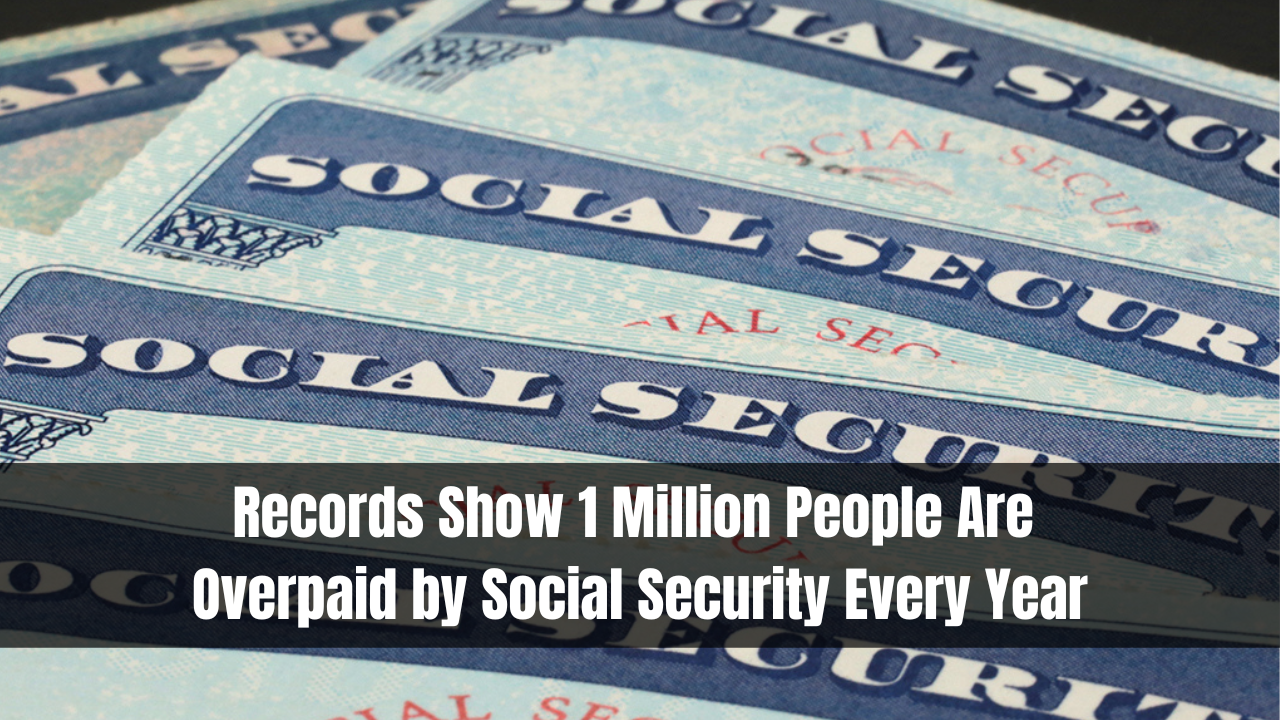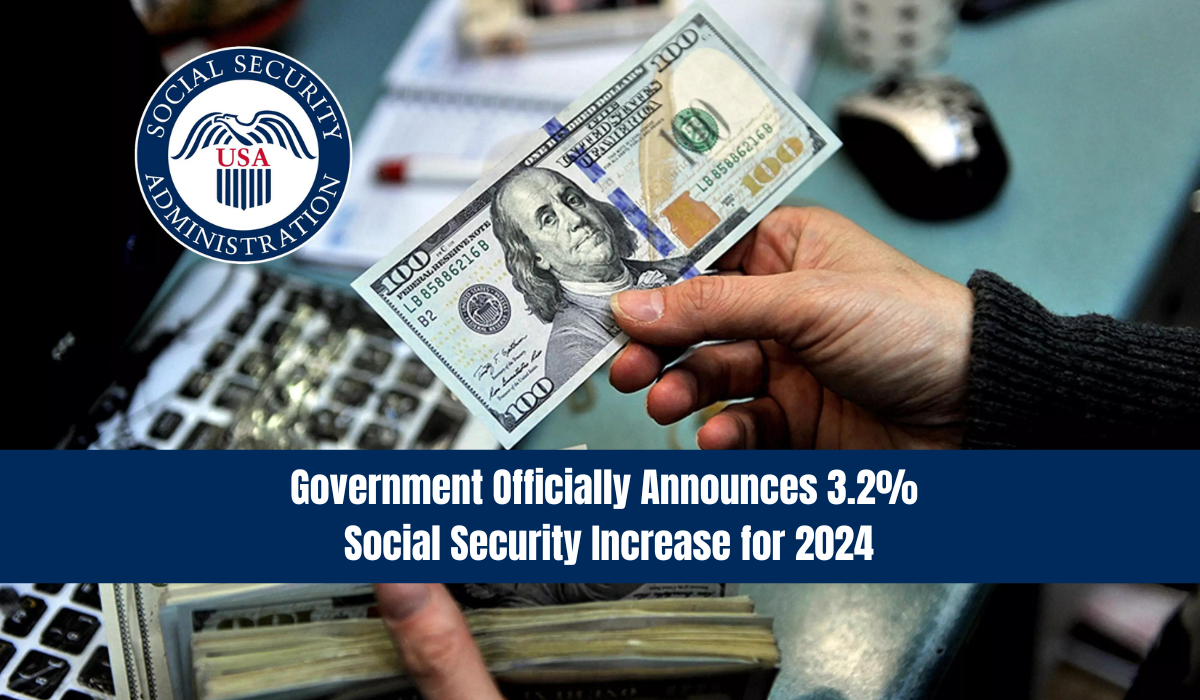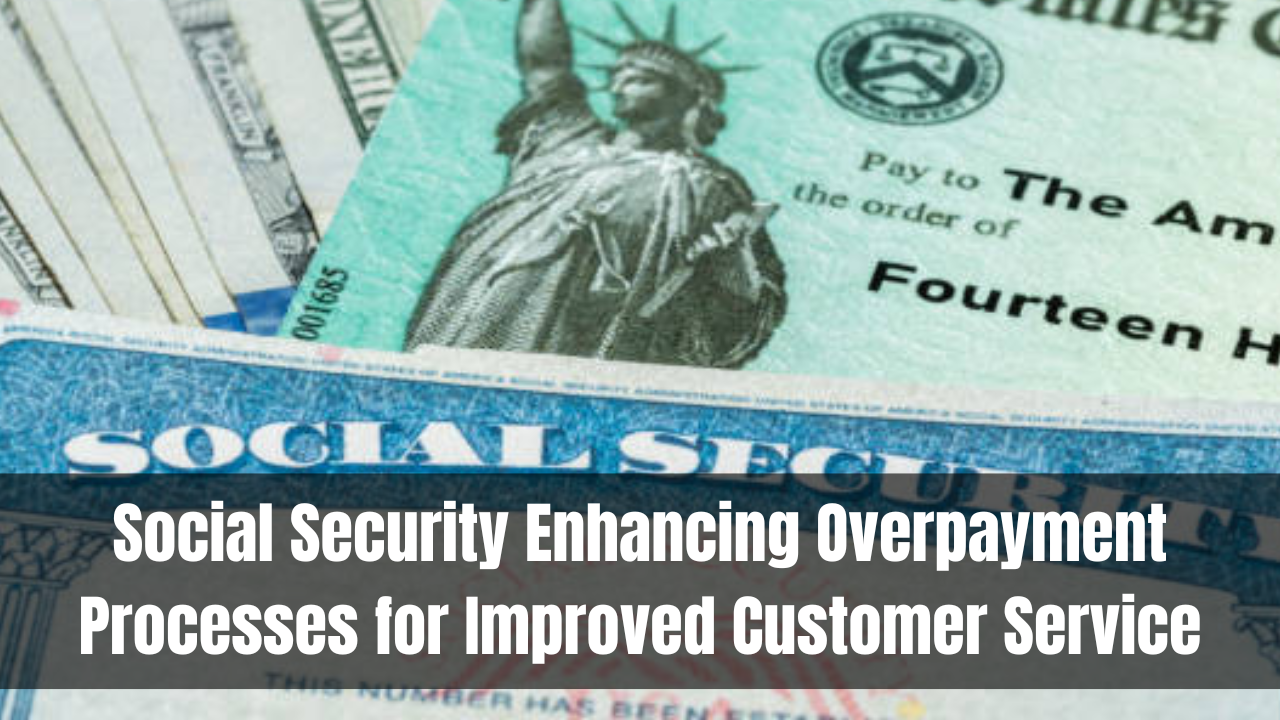Records Show 1 Million People Are Overpaid by Social Security Every Year. The Social Security Administration (SSA) is facing scrutiny for providing inaccurate information to Congress regarding the number of Americans annually facing overpayments. The issue involves discrepancies between the figures shared by the acting commissioner during a Congressional hearing in October and the actual numbers revealed in internal agency records.
Initial Congressional Testimony
Acting Commissioner Kilolo Kijakazi informed Congress during the hearing that approximately 1 million people experienced overpayments in each of the fiscal years 2022 and 2023. However, subsequent records obtained through a Freedom of Information Act (FOIA) request revealed that the actual number of affected individuals was more than double the figures presented by Kijakazi.
FOIA Request and Document Discrepancies
The FOIA request specifically identified the document from which the acting commissioner was reading during the hearing. The document contained larger numbers than those provided to Congress, indicating that a smaller subset of beneficiaries was presented during the testimony. This revelation raised questions about the accuracy and transparency of the information shared with lawmakers.
Overpayment Issues and Unanswered Questions
The internal records shed light on the Social Security Administration’s overpayment policies and procedures, which have faced increased scrutiny since September. Previous reports highlighted $21 billion in uncollected overpayments and featured stories of individuals facing financial challenges due to the SSA’s attempts to reclaim funds, even in cases where the overpayment was the agency’s fault.
Lack of Transparency
The Social Security Administration had previously refrained from disclosing the total number of people affected by overpayments, reporting only total dollar amounts and error rates. The FOIA request and subsequent document reveal a discrepancy between the information provided to Congress and the actual numbers, indicating a lack of transparency in reporting on the issue.
Low Challenge Rates
The document also reveals that only 12% of the 2.2 million people who experienced overpayments in fiscal year 2023 challenged the agency’s notices by filing for a waiver or reconsideration. This suggests that a significant number of beneficiaries may not be contesting overpayment decisions.
Agency Response and Doubts
In response to the discrepancies, the SSA spokesperson, Nicole Tiggemann, stated that staff provided unverified numbers to the acting commissioner during the hearing and expressed doubt about the accuracy of the information. The agency acknowledged the discrepancies to the Congressional committee and emphasized ongoing efforts to review overpayment policies and procedures.
Calls for Reform
The number of people impacted by overpayments became a focal point during the House Ways and Means Social Security Subcommittee hearing, highlighting the need for reform. The SSA is conducting a comprehensive review to better inform the public, Congress, and the agency itself about the overpayment landscape.
Conclusion
The revelation of discrepancies between the numbers presented to Congress and the actual figures in internal records has raised concerns about the accuracy of information provided by the SSA. The issue underscores the challenges and consequences faced by Americans dealing with Social Security overpayments and emphasizes the importance of transparency and reform in the administration’s policies and procedures.











